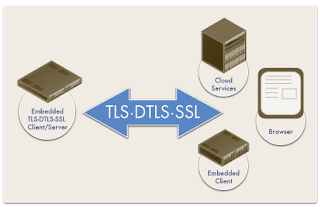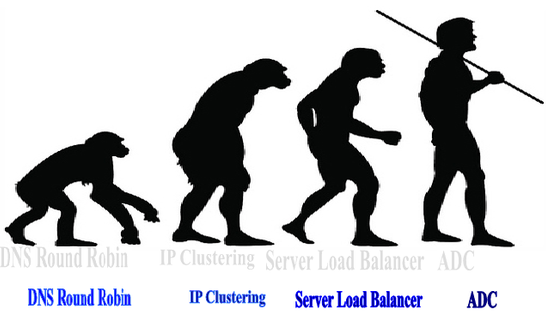Decrypting DTLS traffic with Wireshark
I’ve
written about
Improving
SSL VPN performance with DTLS recently
thus I would like to write about how-to decrypt this traffic with
Wireshark. DTLS is a protocol used for
encrypting traffic over UDP, which is often used for SSL VPN tunnels,
whereas TLS is a protocol used for encrypting traffic over TCP, which
has worse performance for SSL VPN tunnels because it encapsulates TCP
over TCP and, as a result, we can often
encounter retransmissions and packet loss.
Therefore, cryptographic knowledge is
important to understand the steps needed to
decode DTLS traffic.
First,
we have to ensure the use of a Diffie-Hellman Ephemeral (DHE/EDH) or
RSA Ephemeral cipher suite is not negotiated between server and
clients because Wireshark isn’t able to decrypt data where
ephemeral ciphers are used. Accordingly,
I’ve disabled DH, DHE,
ECDH and ECDHE cipher suites from my SSL VPN server to be able to
decrypt user traffic.
 |
| Control the cipher suites that can be used by an SSL VPN |
The
cipher suite negotiated between SSL VPN server and clients can be
checked in the initial DTLS session establishment. In other words,
the Client Hello and Server Hello exchange into the handshake
protocol. In addition, these initial
packets are needed for
Wireshark to get the public key used by clients for data encryption.
 |
| Cipher Suite |
Once
we have, or Wireshark has, the public key, we also need to get the
private key to decrypt data traffic. If we manage the SSL VPN server,
there are many ways to get it. For
instance, next,
we can see how-to get the private
key from a SSL
certificate of a FortiGate
appliance, which
should be saved as a file from -----BEGIN PRIVATE KEY ----- till
-----END PRIVATE KEY-----.
 |
| Exporting private key from a SSL certificate |
We
should save the private key, for instance as private.key, for
importing it into
the DTLS RSA keylist of Wireshark. Besides, we’ll
have to write the IP address of the SSL VPN server, what server port
is listening for DTLS traffic, and what kind of traffic is being
encapsulated into DTLS.
 |
| DTLS RSA Keylist |
We
already have almost everything, we just have to test it and check if
DTLS traffic is decrypted. Next, we can see
how DTLS traffic is decrypted when I visit a webpage like
www.davidromerotrejo.com
from a client connected to a SSL VPN server with DTLS support.
Actually, we’ll be able to decrypt everything inside the SSL VPN
tunnel and not only HTTP traffic but everything else.
 |
| Decrypting DTLS packets |
If
we work as security engineers of a company and we manage SSL VPN
servers or firewall appliances, we can use this technique to decode
encrypted traffic for troubleshooting propose. On the other hand,
there are SSL Inspection architectures where firewall appliances are
able to decrypt and encrypt traffic, like a Man-In-The-Middle (MITM)
attack, with the
aim of analysing everything to block malwares and attacks. This can
be a big responsibility, and a powerful tool, for security engineers, who should be monitored.
Regards
my friends and
remember, encrypted traffic can be
decrypted if you are in the middle; be careful with your
responsibilities.









Commentaires
Enregistrer un commentaire